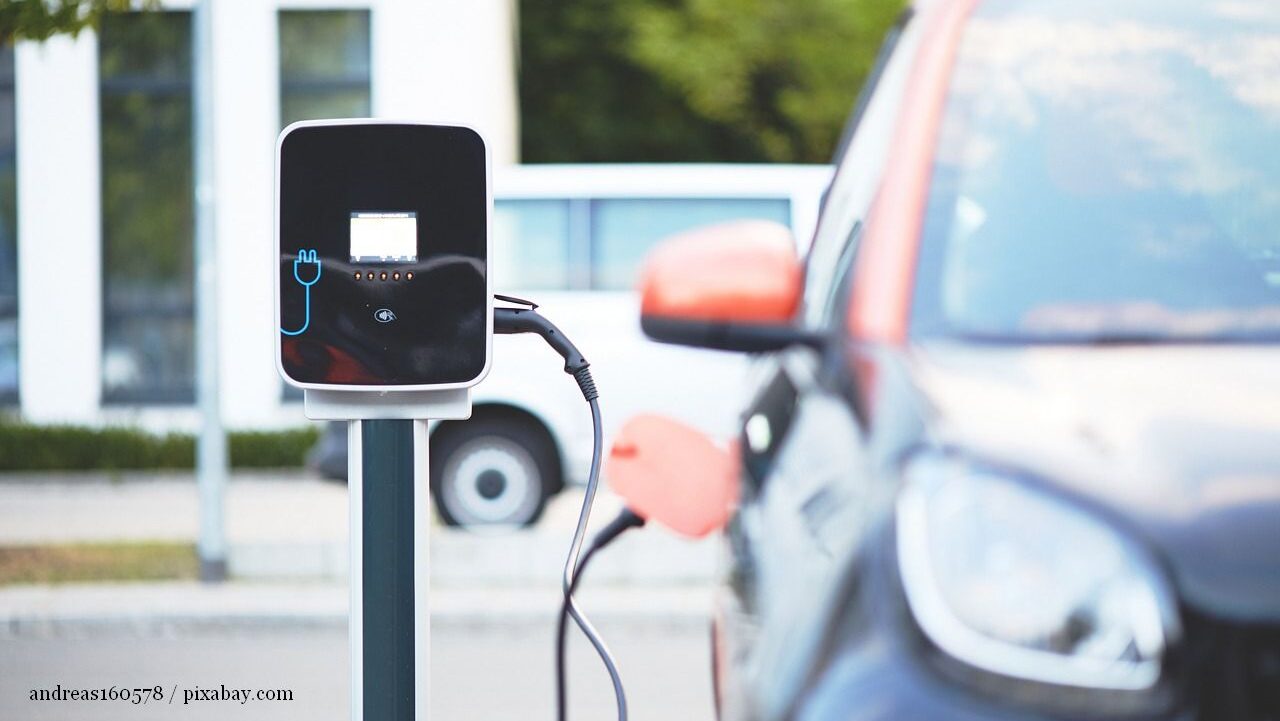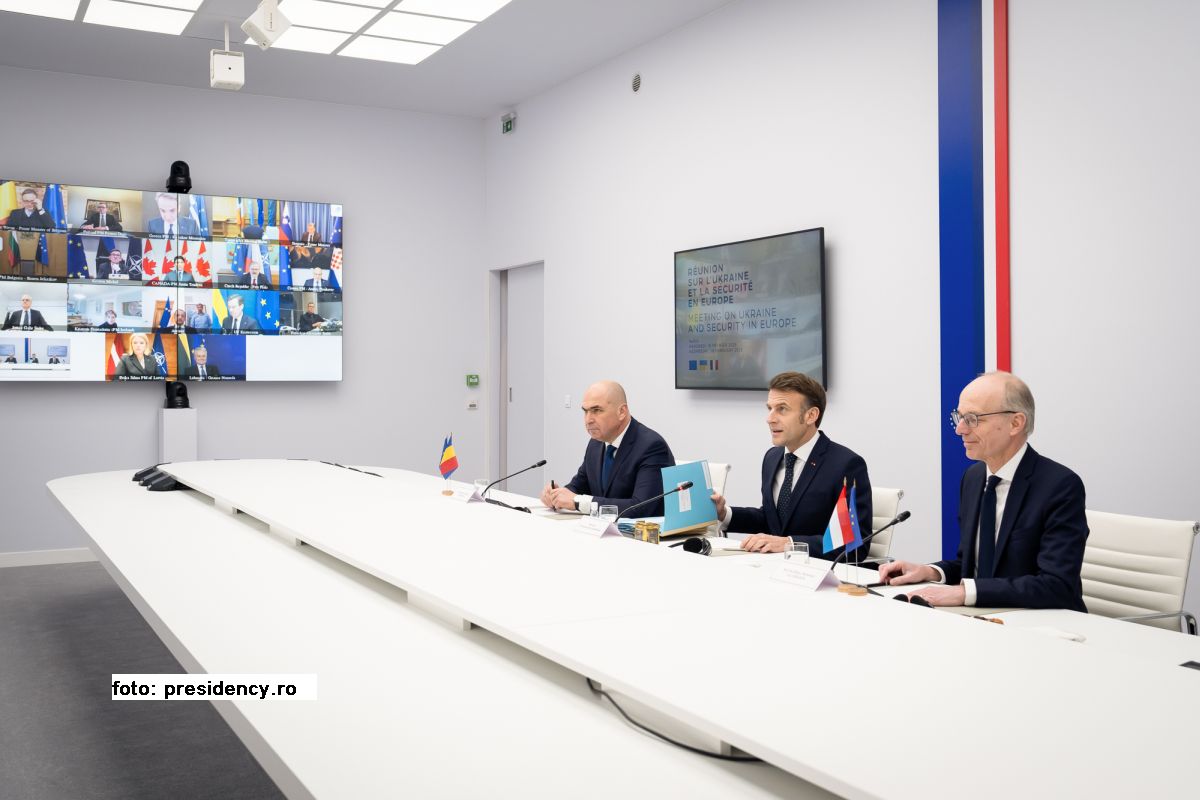The priorities of the Latvian presidency of the EU
Latvia, one of the first Baltic states to join the EU after the dismantling of the USSR, has taken over the EU 6-month rotating presidency.

Mihai Pelin, 07.01.2015, 13:31
More than 10 years after joining the EU, Latvia, a small Baltic state with almost 2 million inhabitants, has taken over the 6-month rotating presidency of the EU as of January 1st 2015. Some of its priorities are economic growth and the creation of jobs in the EU. Here is Radio Romania’s correspondent to Brussels, Cerasela Radulsecu, with more details:
“The community files Latvia will have to manage for the coming 6 months are very complex, and the Latvian diplomacy will have to work out solutions to such issues as the EU’s relations with Russia, the effects of the economic crisis in Greece, energy-security issues and last but not least the rather grim economic prospects in the EU. The authorities in Riga have announced they want to support the EU’s efforts to fight the Jihadist Islamism and to do away with London’s discriminatory attitude towards the East European citizens who want to work on the UK labour market”.
Latvia has taken over the EU presidency at a time of economic and social uncertainty. The recent economic predictions made by the European Commission point to a slow increase in and a high rate of unemployment, 25 million people out of the 500 million people in the community not having a job. Foreign policy wise, the annexation of Crimea by Russia in March 2014 and Russia’s intervention in Ukraine are pressing issues for Latvia, which split from the former USSR alongside the other Baltic states. And all that in spite of the support provided by NATO, whose members these states have been for 10 years, and in spite of the western fighter planes intercepting the Russian planes that are flying ever closer to their borders.
At present diplomatic relations between the EU and Russia are very tense. The Latvian diplomacy has announced its intention to start a pragmatic dialogue with Moscow, without pro- or anti-Russian preconceived ideas. The position of Latvia, a country with a large Russian-speaking minority that supports Moscow, is quite simple: if there is a considerable improvement of the situation in Ukraine, then Riga will propose the lifting of sanctions against Russia. If the situation worsens, then sanctions will get tougher. As regards the EU’s enlargement policy, Latvia admits the importance of this process and will try to boost the negotiations in this regard with Serbia, Montenegro and Turkey.






























